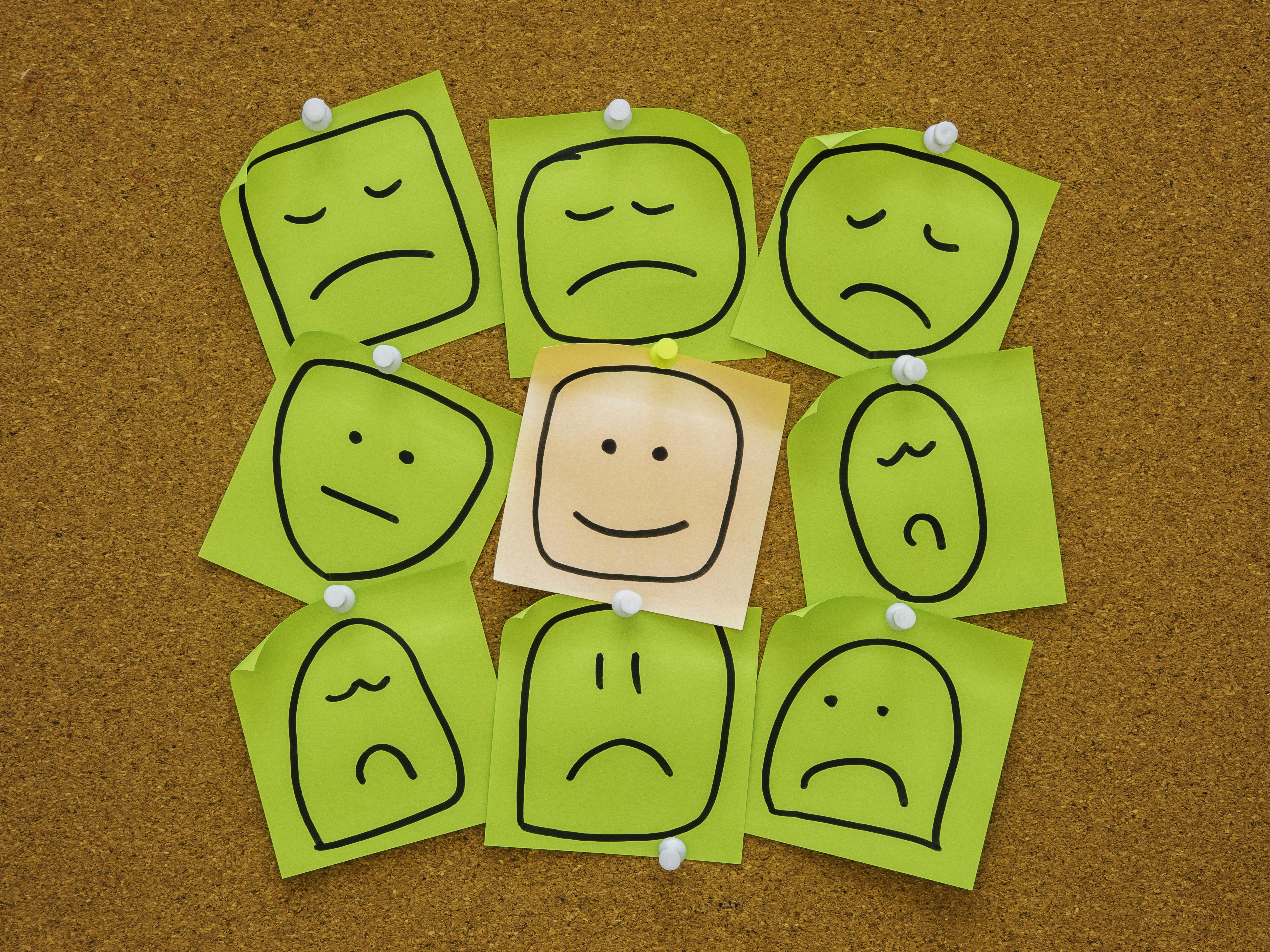The fast-paced world we live in today makes resilience an essential quality for achieving personal growth and long-term success. People encounter various obstacles and setbacks throughout their lives which include career challenges and relationship difficulties and health problems. The development of resilience enables you to recover from adversity while confronting challenges directly and sustaining emotional and mental stability which leads to personal growth and fulfillment.
This article provides an in-depth analysis of resilience together with its importance for personal development and practical methods to build resilience in daily life. Psychological research together with expert insights and practical illustrations will show why success requires resilience and present effective methods to develop this important trait.
What is Resilience?
The capacity to endure or quickly bounce back from challenging circumstances defines resilience. The process of facing challenges requires both the power to overcome obstacles and the development of increased strength and capabilities. People who possess resilience continue to maintain optimism while advancing through difficulties to succeed despite their obstacles.
The general public holds an incorrect understanding about resilience because it develops over time. The ability to bounce back isn’t an innate trait because it develops through practiced skills which become stronger with consistent effort.
The Science Behind Resilience
Psychologists define resilience because it describes the capacity for effective adaptation when facing adversity or trauma or tragedy or significant stress. Research has shown that resilient people possess a combination of emotional, cognitive, and social strengths that help them to manage stress, stay focused under pressure, and thrive despite life’s inevitable ups and downs.
Neuroplasticity represents the brain’s capability to restructure itself through new neural connection formation which serves as a primary element for resilience. Through purposeful work individuals can restructure their brains to build improved coping strategies and more effective responses toward challenging situations.
Research published by the American Psychological Association shows that people with stronger resilience demonstrate better immune function and improved cardiovascular wellness together with reduced depression and anxiety symptoms. The ability to bounce back from challenges and enhance your physical and mental health stands as the dual benefit of resilience.
Why Resilience is Essential for Personal Growth
Personal growth depends heavily on resilience because this quality enables people to surpass barriers while extracting valuable lessons from errors to advance toward their objectives. Building resilience as a process directly supports self-improvement because it allows you to face your boundaries while accepting setbacks and building enhanced problem-solving abilities.
Personal growth requires developing resilience because it enables individuals to navigate life’s challenges effectively.
- Life presents unexpected challenges to everyone but resilient people use these obstacles to maintain their momentum. People with resilience use setbacks as chances to learn and develop stronger than before instead of becoming frozen by failure.
- A growth mindset depends on resilience because it represents the ability to develop your abilities throughout your lifetime. When you adopt resilience you transform obstacles into educational moments which do not feel insurmountable.
- Success requires the ability to adapt to changes which occur unpredictably in life. People with resilience demonstrate flexible thinking and action patterns which enables them to handle complex situations while confidently taking new opportunities.
- The development of emotional strength stands as a fundamental factor for mental health. Through this ability people can effectively deal with negative emotions while controlling stress and keeping their emotions stable when facing challenges. The emotional strength creates better relationships which produces increased satisfaction in life.
How to Cultivate Resilience
People often believe that resilience exists naturally in certain individuals yet research shows that this quality develops through purposeful training. The following steps provide practical methods to enhance your life resilience:
Build Emotional Awareness
The foundation of building resilience begins with recognizing and accepting your emotions. The ability to recognize your emotional state enables you to control how you react to stressful situations and adverse conditions. Resilient people confront their emotions directly instead of hiding from them or suppressing them while using constructive methods to handle them.

- Regular mindfulness practice together with meditation helps you witness your emotions without making any evaluations.
- Maintaining a journal helps you monitor your emotions while you examine your reactions to difficult situations. Through writing you can gain clarity about your thoughts while it also helps to minimize overwhelming emotions.
Develop Problem-Solving Skills
People who demonstrate resilience show better effectiveness in solving problems. They remain calm during challenges because they evaluate the situation to identify workable solutions. Developing problem-solving abilities enables you to tackle obstacles by maintaining a purposeful and organized perspective.
- Break problems into smaller steps to make them more manageable.
- Test your decision-making skills by creating small, low-risk challenges that you can work through methodically.
Maintain a Positive Outlook
The key component of resilience exists in maintaining an optimistic outlook. People who demonstrate resilience work on finding solutions instead of getting stuck on their problems. People who demonstrate resilience recognize that difficulties exist only for a limited time because conditions will eventually get better. People who practice positive thinking avoid ignoring their problems yet they stay motivated and hopeful despite their difficulties.
- Make gratitude a daily habit by recording the things you appreciate even though they may seem insignificant.
- You should transform negative thoughts by identifying positive opportunities in your failures instead of labeling them as failures.
Develop Strong Support Networks
Being resilient does not require you to handle everything by yourself. The strength of your support network which includes friends family or mentors helps you manage life’s obstacles better. Support systems give emotional backing along with practical guidance and multiple viewpoints which assist people through challenging periods.
- Reach out for help when needed—don’t hesitate to lean on others during difficult times.
- Building solid relationships requires giving support to people in need. The act of helping others leads to personal growth because resilience exists in a two-way direction.
Take Care of Your Physical Health
Physical resilience stands on the same level of importance as emotional and mental resilience. Your physical condition determines your stress coping abilities as well as your recovery from illness and your energy maintenance. The three elements of regular exercise and healthy diet and sufficient rest form the base for building resilience.
- Perform regular exercise including walking and yoga to produce endorphins which help reduce stress.
- Getting enough quality sleep stands as a top priority because it helps regulate emotions and function in the mind.
Learn from Failure and Setbacks
Life inevitably brings failure but resilient people recognize that failure marks only the beginning of their journey. People who are resilient use failure as a chance to develop themselves. The ability to overcome future challenges requires you to analyze past mistakes and learn from them.
- Assess the failure situation to determine its causes and develop strategies for improvement.
- Mistakes should be viewed as lessons which help build resilience because every failure teaches you something valuable.
Set Realistic Goals and Expectations
Having well-defined realistic goals enables you to concentrate on essential matters while maintaining direction. People who demonstrate resilience adjust their expectations when faced with setbacks but continue to pursue their long-term vision. Goal-setting functions as a method to maintain motivation and focus during difficult periods.
- Your bigger objectives should be divided into smaller achievable steps to prevent feeling overwhelmed.
- Life’s unexpected turns require you to adjust your goals whenever necessary.
Real-World Examples of Resilience
The ability to transform adversity into strength defines resilience better than the act of simply bouncing back from hardship. Several people demonstrate resilience through their inspiring stories as shown below.
- Nelson Mandela became a twentieth-century leader of great influence after spending twenty-seven years in prison. Through his act of forgiveness and reconciliation he managed to bring together a nation that had been split apart.
- J.K. Rowling needed to overcome numerous publisher rejections and financial hardships before Harry Potter brought her success. Through her determination to overcome obstacles she achieved remarkable success which no one else had ever attained.
- The electric light bulb required Thomas Edison to fail more than 1000 times before its successful creation. The reason behind his success lies in his ability to persevere through numerous failures.
The development of resilience happens continuously through dedicated self-examination and sustained work. Building resilience means using obstacles to build strength and capability while surviving challenges. Life’s obstacles become easier to handle when you develop resilience because this skill enables you to learn from failures and stay purposeful during difficult times. The development of resilience as a skill enables you to build success across all life domains through practices like mindfulness and emotional regulation and creating strong support networks.
Begin your resilience development journey today because surviving challenges becomes possible when you thrive through adversity.


